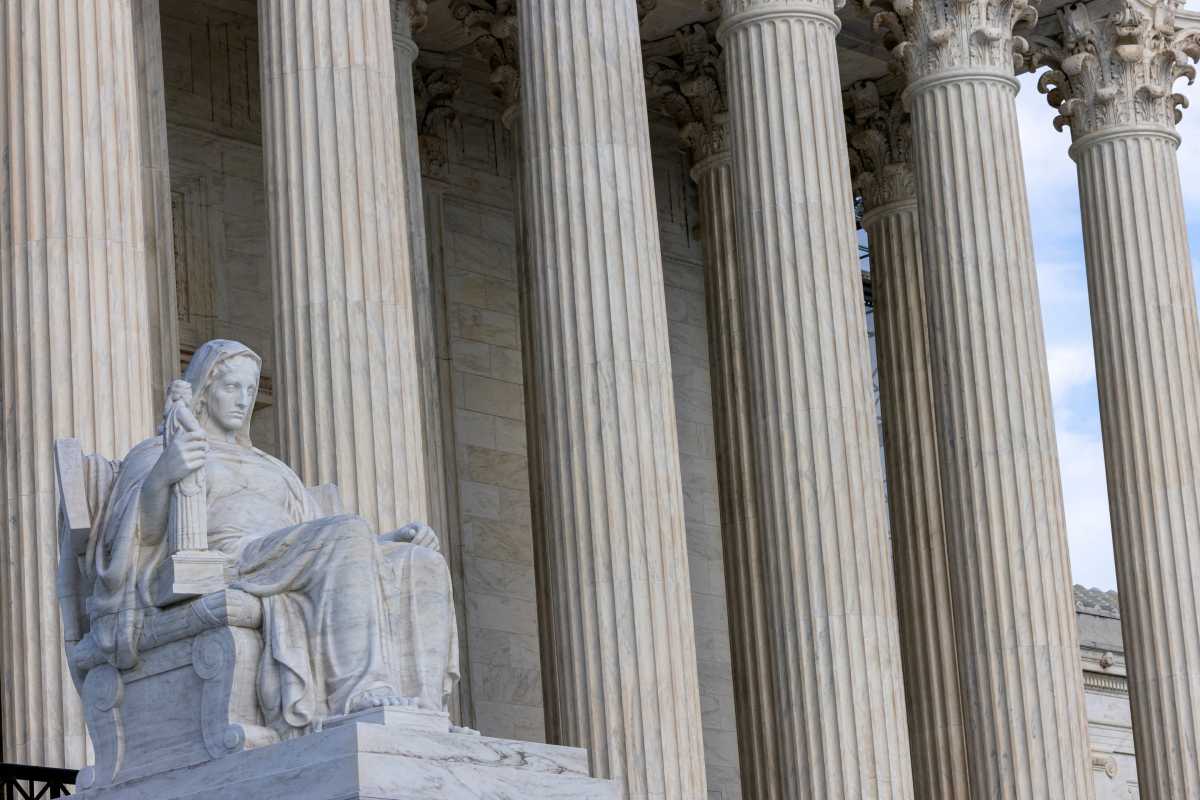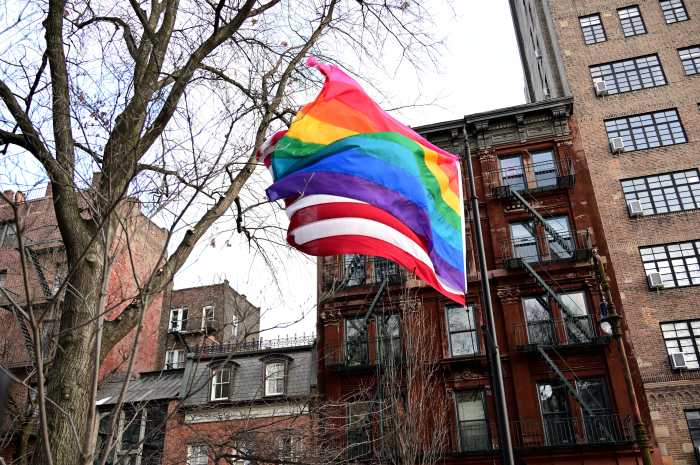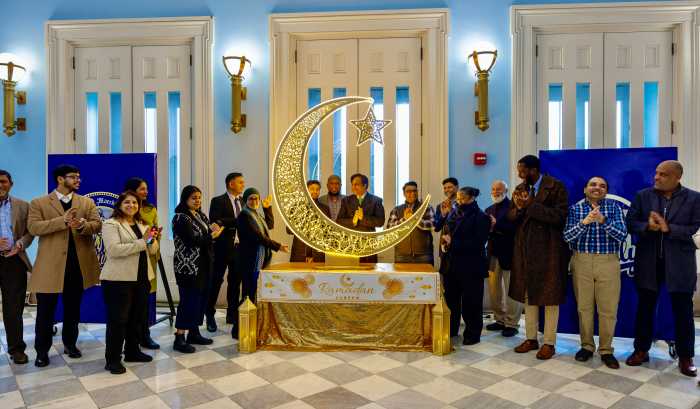The Supreme Court on Oct. 7 heard arguments in therapist Kaley Chiles’ challenge to Colorado’s law that prohibits licensed health care workers from performing conversion therapy on minors. Based on the arguments of the lawyers and the questions and comments by the judges, it seems likely that the court will find that it would violate the First Amendment for Colorado to enforce that law against therapists whose form of conversion therapy consists entirely of speech, assuming the court accepts Chiles’ description of her practice as a “conversation” between the therapist and minors who are voluntarily seeking help in suppressing a gay or transgender identity.
Chiles is licensed as a family therapist in Colorado and, at various times in this litigation, has disavowed any attempt on her part to change a patient’s sexual orientation or gender identity. At other times, however, she has conceded that what she may try to accomplish is to assist a patient in conforming his or her behavior and identity to the heterosexual norm and an identity consistent with their sex assigned at birth. A significant part of the argument on Oct. 7 involved a struggle among the justices and the lawyers to pin down exactly what conversion therapy is and to distinguish between “pure speech” — a conversation — and some form of medical treatment that the state could regulate. It seemed clear from the comments of the justices that Colorado could regulate conduct, but there was difficulty in defining a boundary between speech and conduct to decide this case.
Chiles is represented by Alliance Defending Freedom’s James A. Campbell, who argued that the Colorado law was clearly a regulation of viewpoint as expressed through speech and thus subject to “strict scrutiny” under the First Amendment, which forbids laws “abridging” freedom of speech. Hashim M. Mooppan, Principal Deputy Solicitor General in the Department of Justice, joined Campbell’s argument on behalf of the Trump Administration. Colorado was represented by its solicitor general, Shannon W. Stevenson. All of the oral advocates articulated very strong arguments to various degrees of persuasiveness.
There can be little doubt that the conservative justices, all six of whom posed questions and engaged in dialogue with the lawyers, are dubious about whether treatment performed entirely by speech should be treated differently than any other form of speech, and it seemed likely that at least two and possibly all three of the more liberal justices would likely disagree with the idea that this was a straightforward case of free speech with no aspect of conduct.
But how that would play out in terms of a ruling remained questionable. At all levels of the courts — district court, court of appeals, and Supreme Court — questions were raised about whether Chiles, who has never been threatened with enforcement of the Colorado law against her, even has standing to bring this lawsuit. The issue of standing was decided in her favor in the lower courts based on an interpretation of the language of the statute, and the state has never affirmatively disavowed any attempt to enforce the statute against counselors whose treatment consists entirely of speech. The court could avoid having to decide this case by deciding that Chiles did not have standing to bring it.
However, it seemed unlikely that the court would take that route. It might strike down the statute as being an overly broad regulation of speech, or alternatively it might send the case back to the 10th Circuit Court of Appeals or directly to the Colorado District Court with instructions as to the level of judicial review to issue a ruling on the merits after full discovery and trial.
The procedural posture in which the case came to the court was the trial court’s denial of Chiles’ pretrial motion for a preliminary injunction blocking enforcement of the statute against her. The trial court denied the injunction based on its ruling that Chiles was unlikely to prevail on her First Amendment free speech argument because the case involves state regulation of health care practice, and the state had sufficient evidence at that stage — based on submissions under oath by expert witnesses — that the therapy described by Chiles could be harmful to minors.
If the court determines that therapy as described by Chiles is speech fully protected by the First Amendment, it might reverse the trial court and the 10th Circuit’s denial of the preliminary injunction and order that enforcement be blocked while the trial court conducts fact-finding and determines whether there is sufficient evidence of such harm to minors as to justify the state’s regulation. In “strict scrutiny” cases, it is up to the state to prove that it has a compelling reason to restrict the practice of conversion therapy, and that its regulation is narrowly focused to accomplish this without unduly burdening speech.
Chiles is urging the court to decide the ultimate outcome of the case on this appeal, which would be procedurally improper because there has been no trial and Chiles’ allegations about the nature of the therapy she provides are just allegations, not facts found in a trial process. Technically, what the Supreme Court has before it is an appeal of the denial of a preliminary injunction. But this Supreme Court has all too often decided the merits of cases based on allegations that have not been proven in a trial or through a summary judgment process, and the eagerness of some of the conservative justices to strike down bans on conversion therapy may signal an abrupt outcome.
Either way, the divisions on the Court suggest that a decision will not be forthcoming for many months, maybe well into 2026.




































